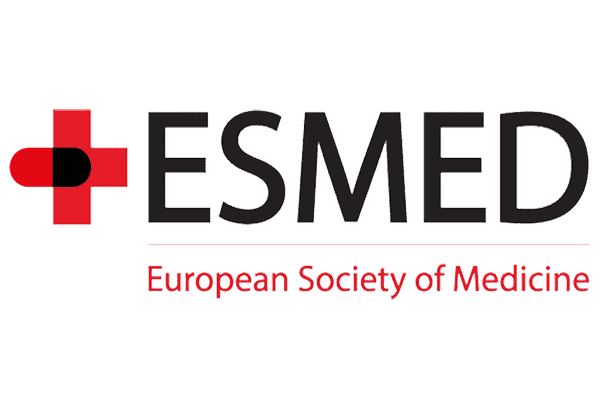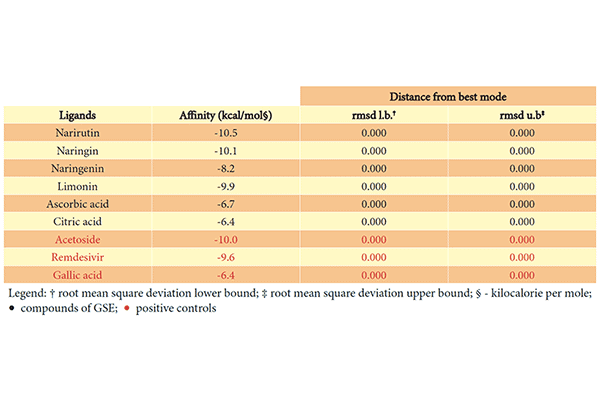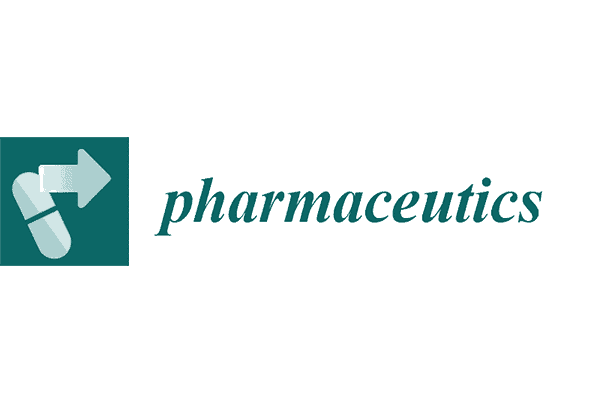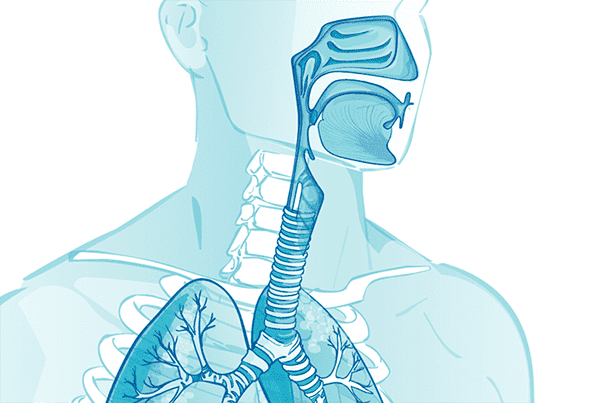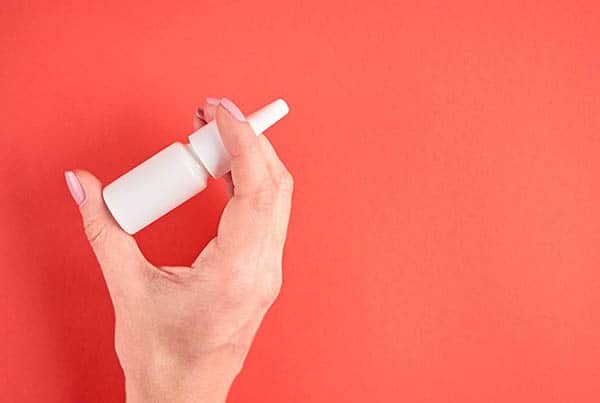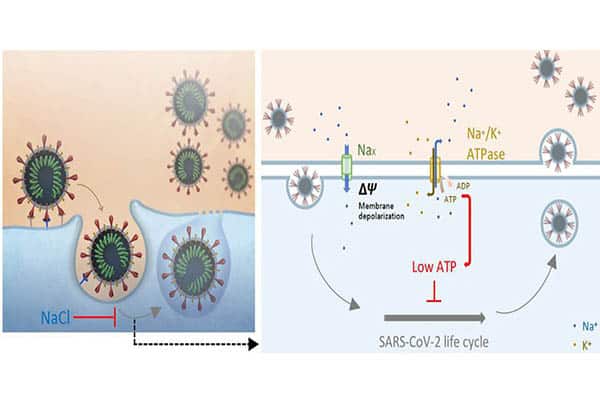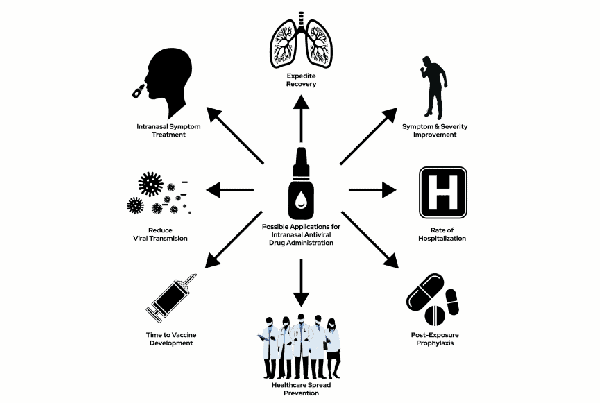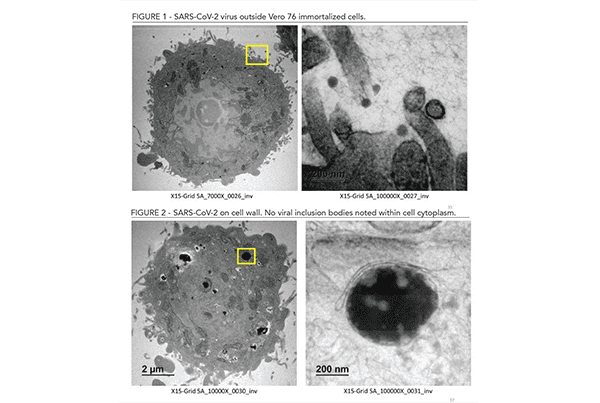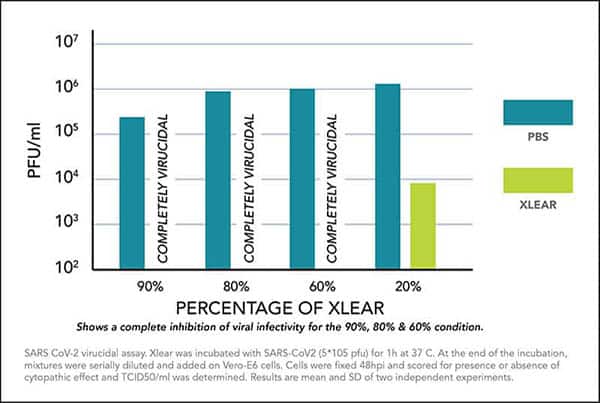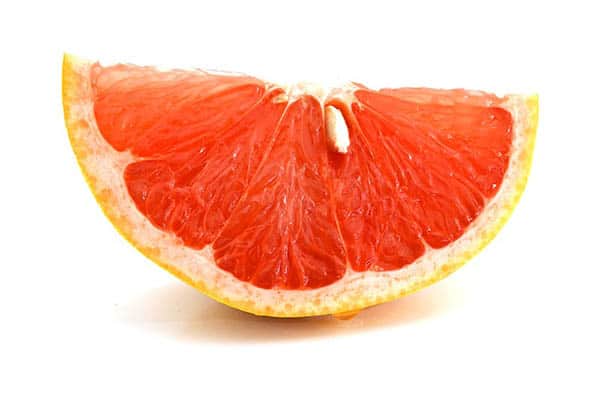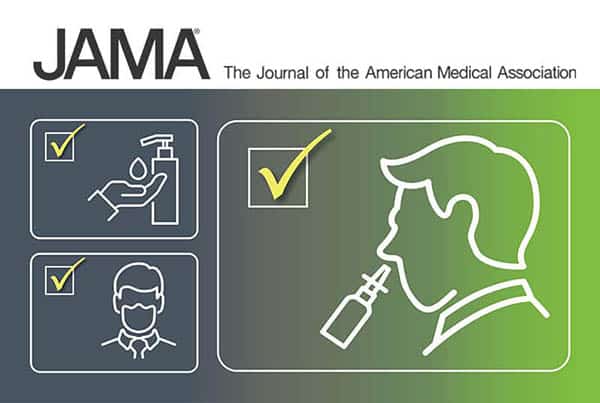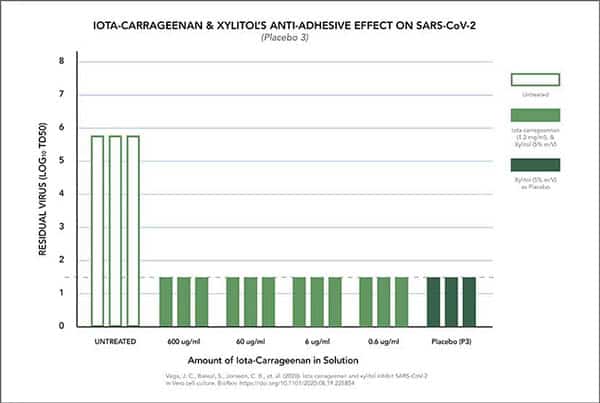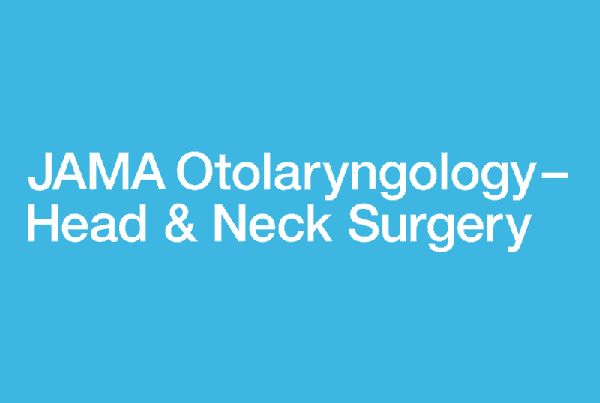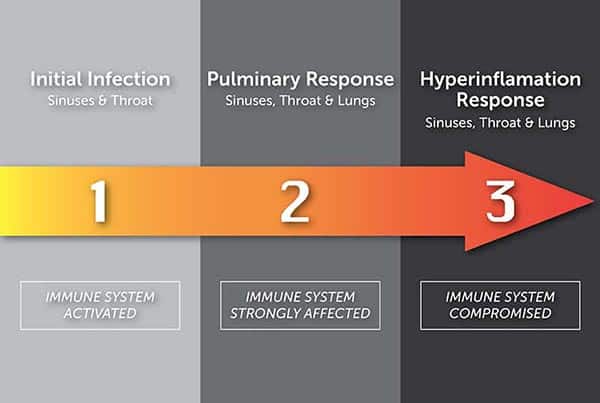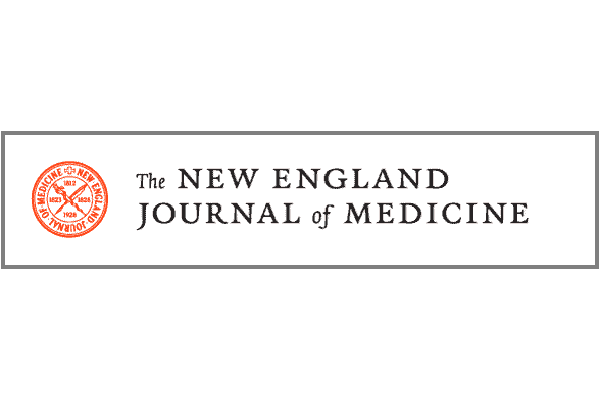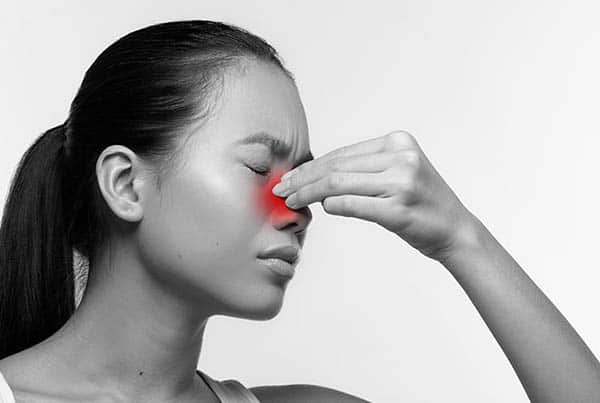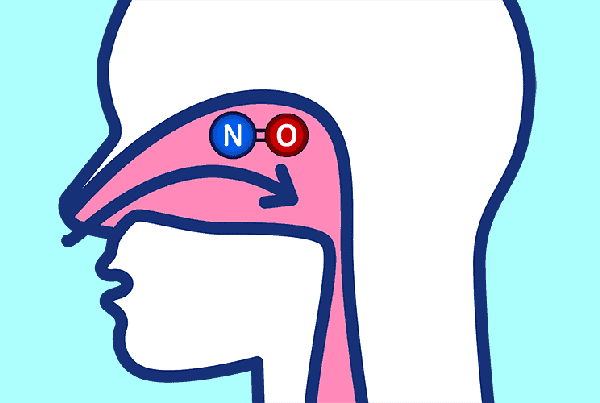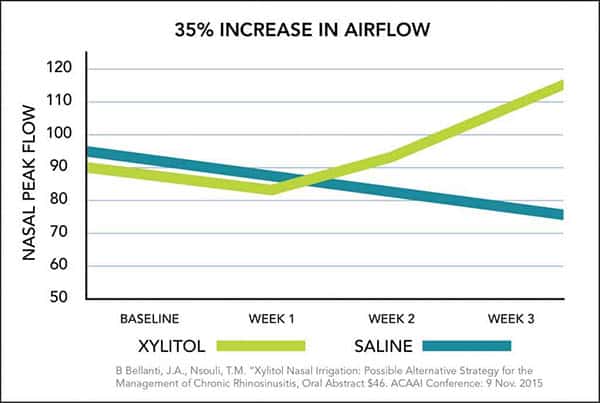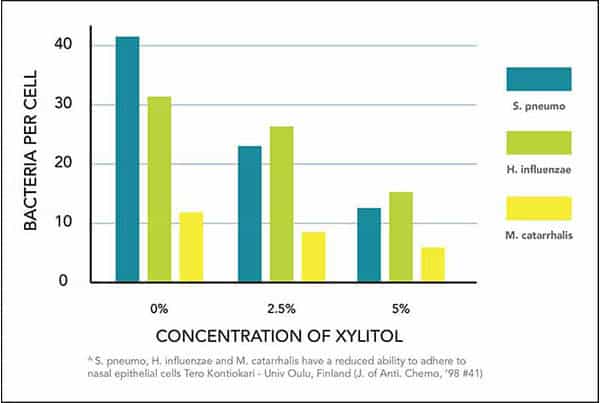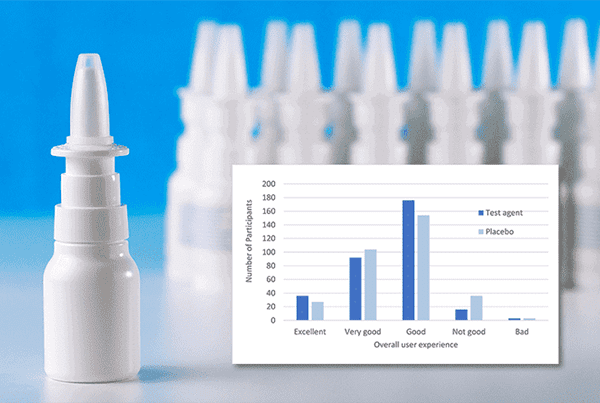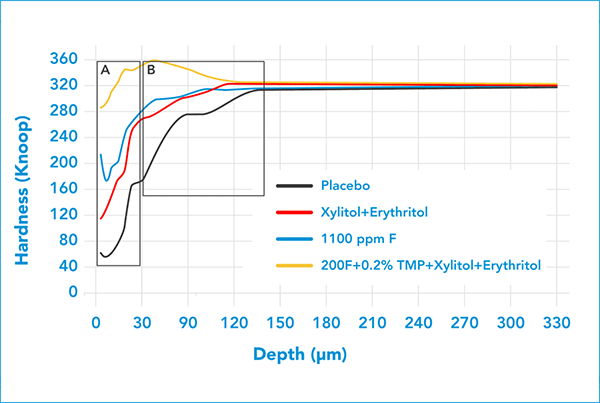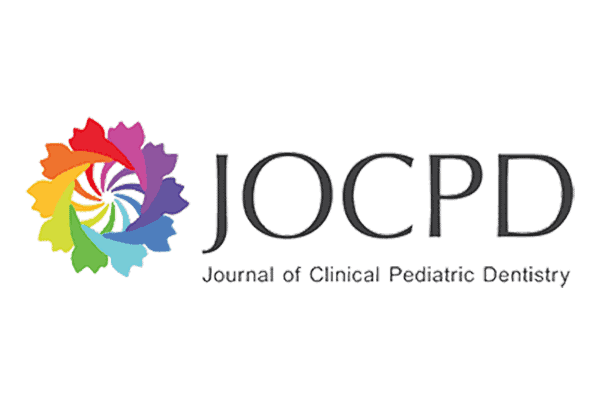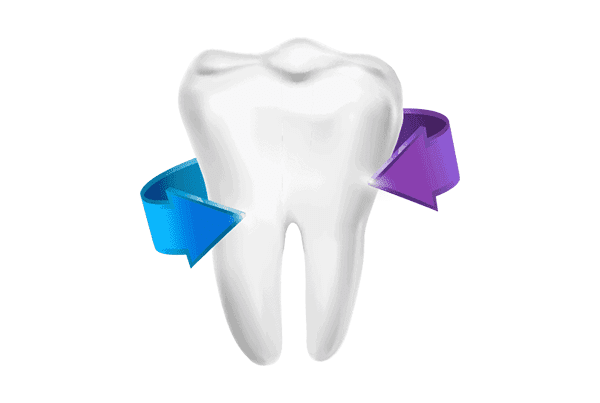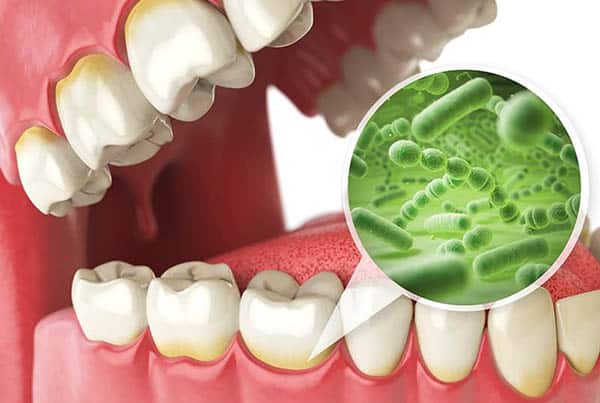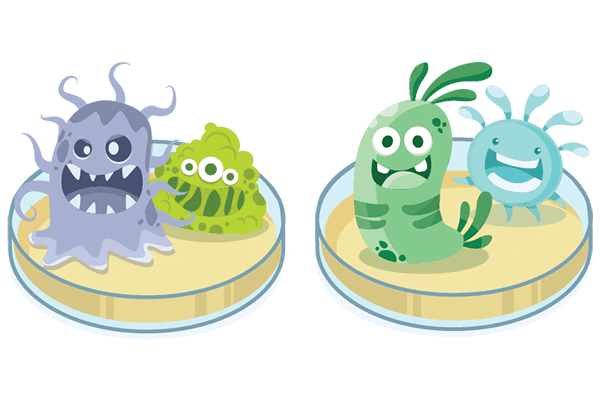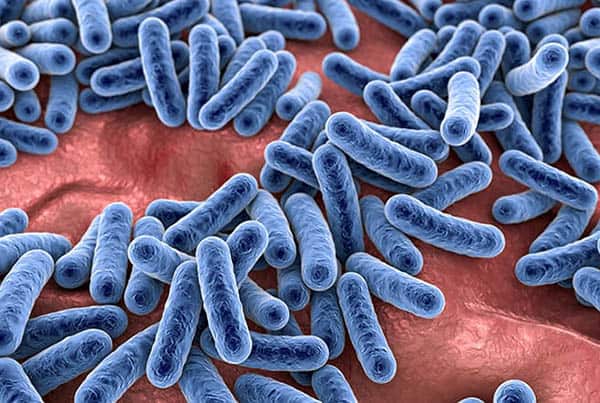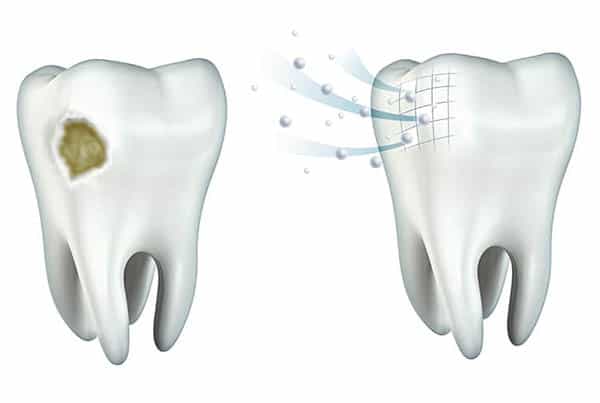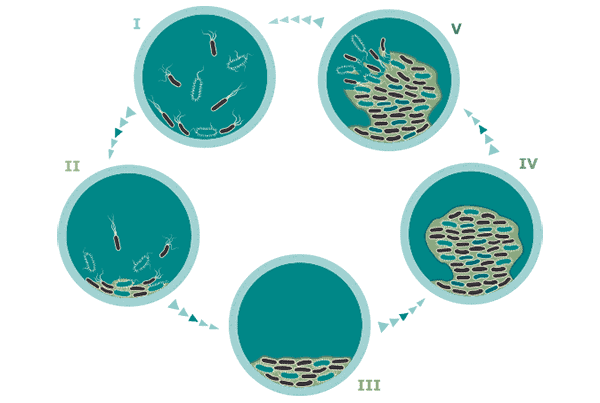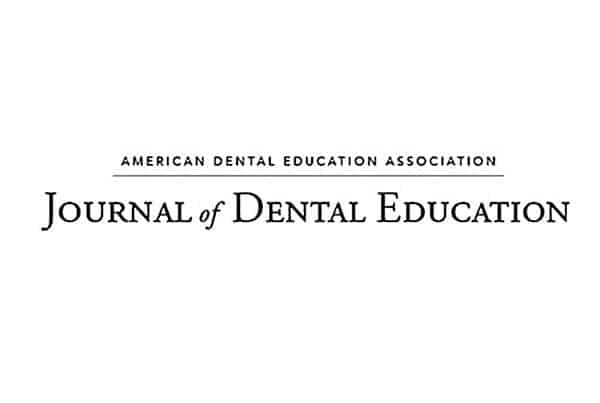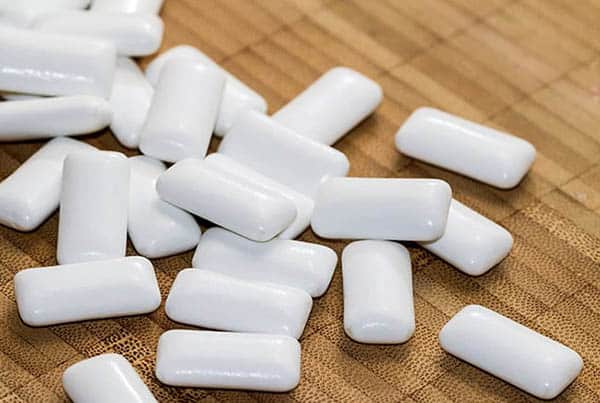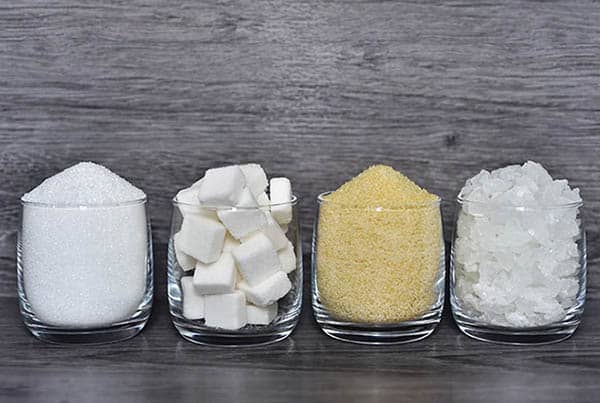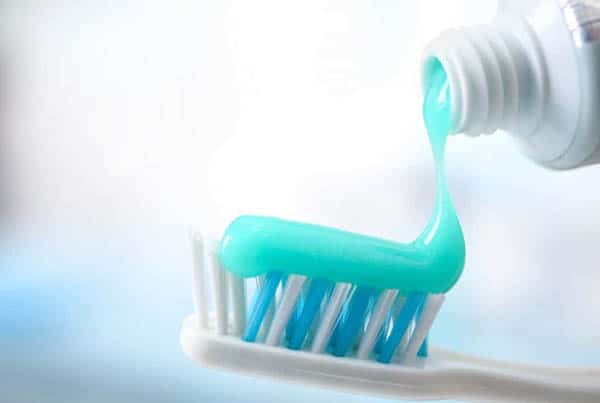Flat rate shipping $4.99. Free shipping on orders over $30.
THE SCIENCE BEHIND
XYLITOL-BASED PRODUCTS
XLEAR PRO-ACTIVE HEALTH UTILIZES THE BENEFITS OF XYLITOL
Xlear Inc. centers on proactive health—staying healthy through transformational hygiene. Xlear and Spry xylitol-based products support that goal.
From the time that Ignaz Semmelweiss first wrote about the need for physicians to wash their hands between patients and the time that it became the standard of care (or mandated because it wasn’t being done) was 150 years. Semmelweiss was ridiculed, laughed at, and discredited, but history proved him correct. Washing our hands and our nose are simple hygienic ways that we can stop the spread of bacteria and viruses.
The nose is where bacteria and viruses enter the body. Nearly 75% of the visits to primary care physicians in the U.S. are related to upper respiratory issues. We can bring that number down significantly if we start washing our nose.
Wouldn’t it make sense to wash our nose with something that blocks viral and bacterial adhesion?
Xlear, Inc. relies on scientific research to provide innovative, effective paths towards health that are less expensive and more accessible.
Here is a list of studies for medical and dental professionals to study. They cover a host of areas around upper respiratory and oral health and provide a buttress for why xylitol and Xlear and Spry products should be recommended and used.
For further literature, download the booklet Innovation Through Science by filling out the form below.
"*" indicates required fields
If you have further questions, reach out to our educators.
SCIENTIFIC STUDIES
Browse all of our studies or use the dropdown to filter studies by your area of interest.
Medical Disclaimer
While there may be information on the Xlear website relating to certain conditions, including COVID, cold, flu and similar conditions, you should promptly seek your own healthcare provider’s professional opinion or advice should you suffer from any such medical condition.
Our Site nor Xlear generally do not offer medical diagnosis or treatment advice. Xlear makes no claims that it can cure or treat any conditions, including any conditions referenced on its website or in print materials, including COVID, cold, flu and other similar conditions.
The information, including any scientific or clinical research provided on our Site, is made available for educational purposes only. This information is intended to educate and help people make informed decisions about potential options for the various conditions referenced in the information. Xlear therefore makes every effort to ensure that any information it shares complies with national and international standards for clinical trial information and is committed to the timely disclosure of the design and results of all interventional clinical studies for innovative treatments available, or that may be made available.
However, research is not considered conclusive. Always consult your healthcare provider with any questions.
If you take prescription medications for any health condition, including upper airway, sinus, and other related conditions such as congestion, you should consult with your physician before discontinuing use of such medications as Xlear is not intended to replace or supplement any prescription medications.
Statements regarding Xlear products are the opinions of the individuals making them and are not necessarily the same as those of Xlear Inc.




